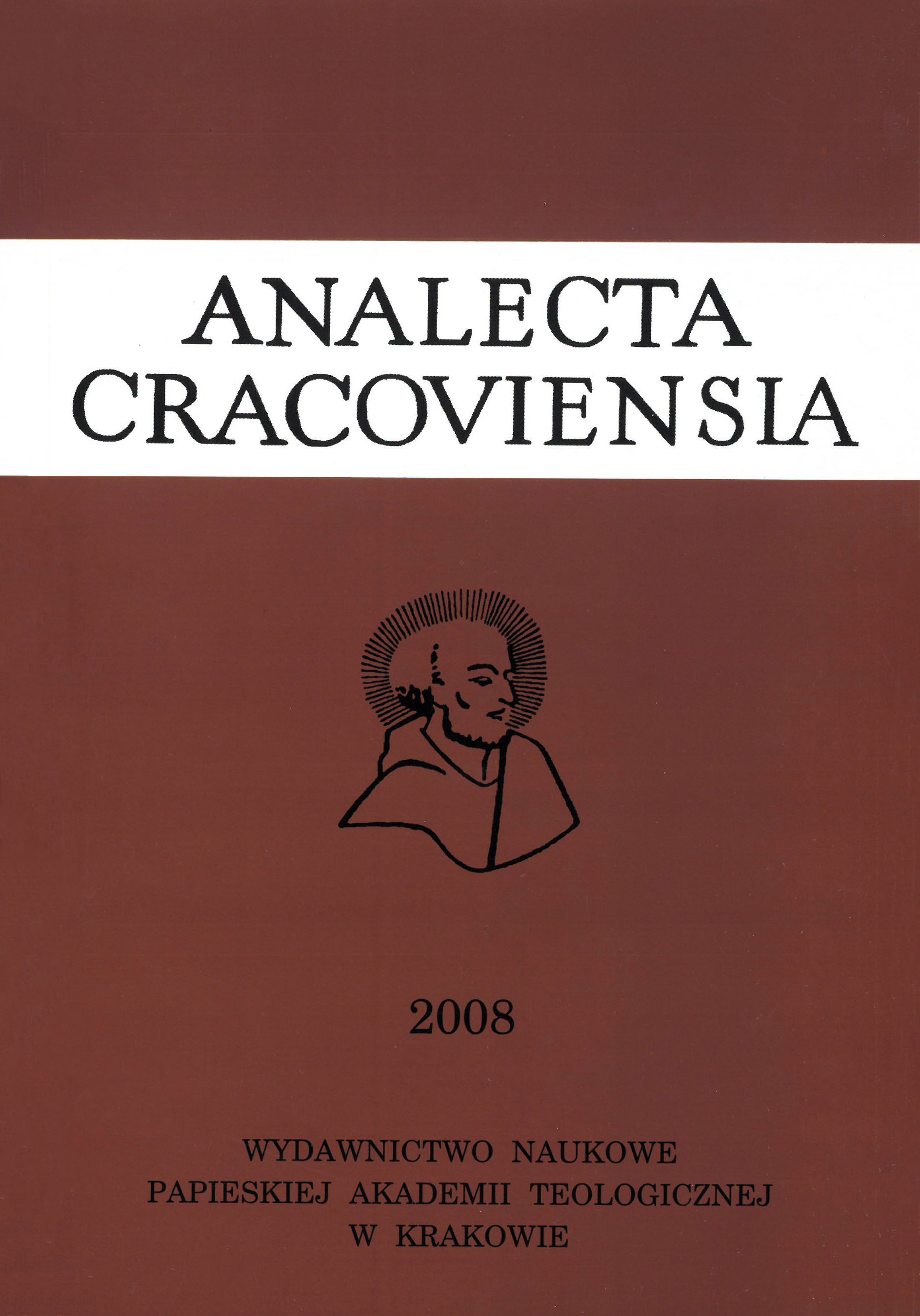Między egzystencjalizmem a myślą chrześcijańską. Martin Heidegger w myśli Hansa Ursa von Balthasara
DOI:
https://doi.org/10.15633/acr.4005Abstract
Der Beitrag umreißt das Interesse Hans Urs von Balthasars an der Philosophie Martin Heideggers und gibt einen Überblick über die Resonanz, die sie im Balthasarschen Denken und vielen seinen Schriften gefunden hat. Im existenzialphilosophischen Denken Heideggers sieht von Balthasar einerseits eine Wende in der Suche nach Einheit zwischen der griechischen Philosophie der Antike und dem Christlichen, andererseits versucht er aber vielerorts dessen gegenchristliches Gesicht sichtbar zu machen. Den Ausgangspunkt der Balthasarschen Analyse bilden Probleme der unterschiedlichen Metaphysikauffassung. Die ontologischen Betrachtungen über das Sein und das Seiende werden aus der Perspektive solcher Hauptbegriffe wie Existenz, Endlichkeit, Transzendenz und das Nichts angestellt. Von Balthasar widerspricht der Heideggerschen These der Gleichsetzung von Geist und Endlichkeit. Trotz ihres endlichen und zeitlichen Charakters ist die Welt für ihn vom göttlichen Sein abhängig, das sich in poetischer Sprache und ästhetischer Erfahrung offenbart. Die Herrlichkeit entspricht auf theologischer Ebene dem, was in der Philosophie die transzendentale Schönheit ist. Die offene Metaphysik, die selbst unendlich bleibt, findet ihre Vollendung im religiösen Denken.
Downloads
Published
Issue
Section
License
Copyright (c) 2023 Marek Urban

This work is licensed under a Creative Commons Attribution-NonCommercial-NoDerivatives 3.0 Unported License.
Authors who publish with this journal agree to the following terms:
- Authors retain the copyright and full publishing rights without restrictions, and grant the journal right of first publication with the work simultaneously licensed under a Creative Commons Attribution 4.0 International License that allows others to share the work with an acknowledgement of the work's authorship and initial publication in this journal.
- Authors are able to enter into separate, additional contractual arrangements for the non-exclusive distribution of the journal's published version of the work (e.g., post it to an institutional repository or publish it in a book), with an acknowledgement of its initial publication in this journal.
- Authors are permitted and encouraged to post their work online (e.g., in institutional repositories or on their website) prior to and during the submission process, as it can lead to productive exchanges, as well as earlier and greater citation of published work (See The Effect of Open Access).

